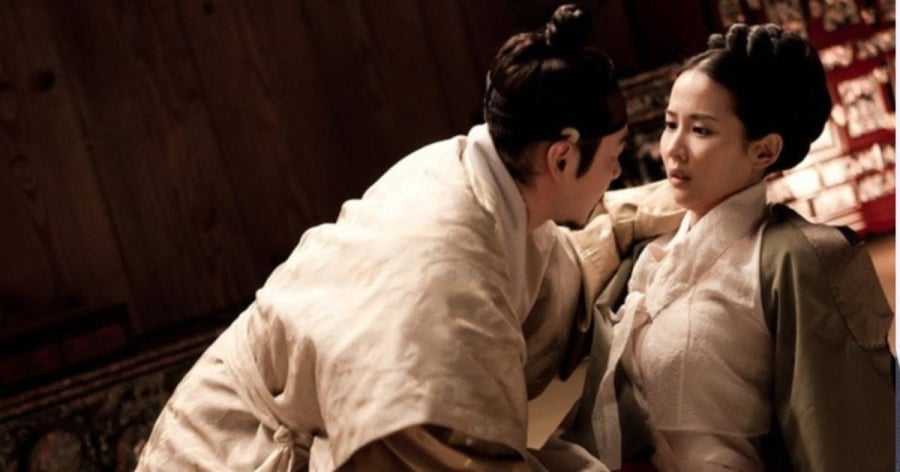## Ancient Warfare’s Unspoken Challenges: Managing Soldiers’ Wellbeing and its Impact on Battlefield Performance
In ancient times, victory in battles often favored those with greater numbers. The quantity of soldiers in an army was deemed a crucial factor in assessing combat capability.
However, managing a large force, sometimes numbering in the tens or hundreds of thousands, was no easy feat during marches. Minor daily life issues could escalate into serious military troubles.

The army consisted predominantly of young and middle-aged men, brimming with energy and inevitable physiological desires.
The vitality of youth and middle age characterized the army, along with inevitable physiological desires. This not only posed a challenge to the army’s health but also negatively impacted combat efficiency if left unaddressed. So, what options did soldiers have when away at war and longing for their wives? Interestingly, these issues were contemplated long ago, and four solutions emerged.
For the supreme commanders and generals, their elite status afforded them special privileges. It was common for them to bring along their family members to alleviate personal anxieties. While having their wives nearby facilitated personal care and fulfilled intimate needs, it also introduced complexities.
4 Ways Ancient Soldiers Managed their Physiological Needs
What about the average soldier? How did they navigate these personal challenges?
Firstly, in ancient warfare, there were periods without active hostilities. During lulls in battle or when camps were stable, soldiers were often granted leave and allowed free movement. They could return home to visit families or seek entertainment in nearby towns.
Secondly, in ancient times, designated “recreational facilities” were established for the army, providing regulated entertainment for soldiers. Women selected for these places were not only the wives of soldiers but also captives of war.

Ancient armies often had designated “recreational facilities” to cater to the soldiers’ needs.
Thirdly, after conquering a city, soldiers were sometimes permitted to plunder the enemy’s possessions, including people. Although this act induced fear and was socially unacceptable, soldiers might seize the opportunity to satisfy their physiological urges by capturing women from the conquered city.
Lastly, a more humane solution was encouraged—letter writing. Married soldiers penned letters to their wives, expressing their emotions and concerns. Single soldiers, on the other hand, wrote to their families, conveying gratitude and determination to protect their homeland. This approach not only avoided harming others but also boosted army morale.

































